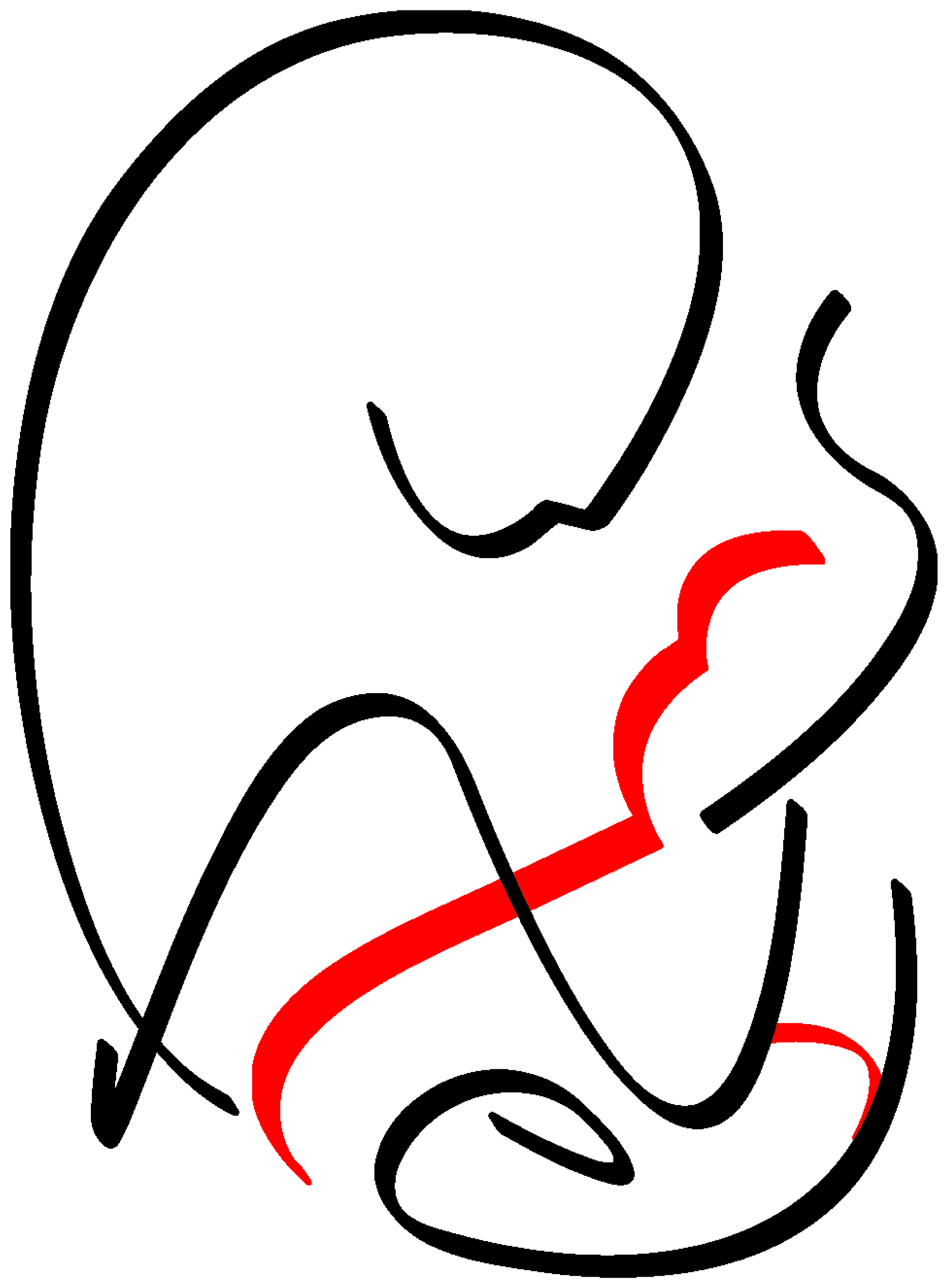
Understanding high-risk pregnancy: A high-risk pregnancy refers to a pregnancy where there is an increased chance of complications for either the mother, the baby, or both. Several factors can contribute to a pregnancy being classified as high risk.

Understanding High-Risk Pregnancy:
Here are some common reasons of high risk pregnancy:
- Maternal Age: Pregnancy in very young (teenagers) or older (typically over 35) women carries higher risks. Teenagers might not have fully developed bodies, while older women might face complications due to declining fertility and increased likelihood of health issues such as diabetes and hypertension.
- Medical Conditions: Pre-existing medical conditions such as diabetes, hypertension, heart disease, kidney disease, autoimmune disorders, or sexually transmitted infections can increase the risk of complications during pregnancy.
- Multiple Gestation: Carrying twins, triplets, or more can increase the risk of complications such as premature birth, low birth weight, and preeclampsia.
- Previous Pregnancy Complications: Women who have experienced complications in previous pregnancies, such as preterm birth, miscarriage, stillbirth, or gestationaldiabetes, may be at higher risk for similar issues in subsequent pregnancies.

Understanding High-Risk Pregnancy:
Here are some common reasons of high risk pregnancy:
- Complications During Current Pregnancy: Certain conditions that arise during the current pregnancy, such as gestational diabetes, preeclampsia, placenta previa, or fetal growth restriction, can make the pregnancy high risk.
- Lifestyle Factors: Smoking, alcohol consumption, drug use, and poor nutrition can increase the risk of complications during pregnancy.
- Environmental Factors: Exposure to environmental hazards such as pollution, radiation, or toxic chemicals can pose risks to both the mother and the developing fetus.
- Genetic Factors: Some genetic conditions or family history of genetic disorders can increase the risk of complications during pregnancy.
- Assisted Reproductive Technology (ART): Women who conceive through techniques such as in vitro fertilization (IVF) may have a higher risk of complications due to the underlying infertility issues or the use of fertility medications.
It’s important for women with high-risk pregnancies to receive specialized prenatal care and monitoring to minimize the risks and ensure the best possible outcome for both mother and baby. This often involves close monitoring by healthcare providers, more frequent prenatal visits, specialized testing, and sometimes, consultation with specialists such as maternal-fetal medicine specialists or genetic counselors.
